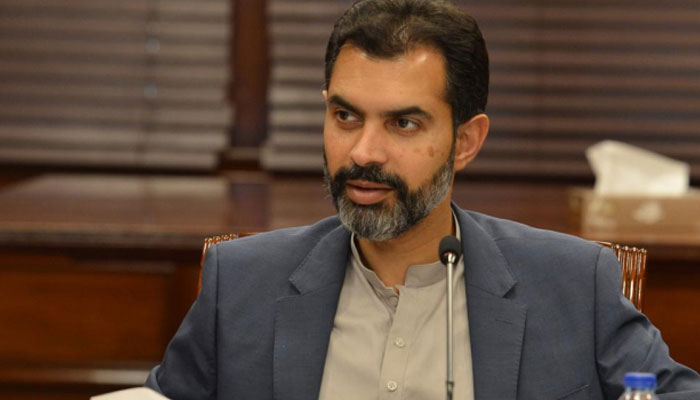By Staff Reporter
KARACHI: Former central bank chief Reza Baqir said on Thursday that the new government that emerges from the ongoing elections will face tough economic challenges and will need to negotiate a new deal with the International Monetary Fund (IMF) to avoid a debt crisis.
Baqir, who left the State Bank of Pakistan (SBP) in 2022 and is now a managing director at consultancy firm Alvarez & Marsal, told Bloomberg TV that Pakistan’s debt sustainability, inflation and export growth were the key issues that needed to be addressed urgently.
“Pakistan has significant economic challenges, one of them is how sustainable is its debt. Pakistan does not have access to capital markets, and one of the key priorities for any government that is elected is going to be how to restore confidence in its economy,” he said.
Pakistan has held general elections amid tight security and a suspension of cellular services in some areas, as the interior ministry cited “security concerns”.
Many experts say Nawaz Sharif, a three-time former prime minister, is widely tipped as the front-runner for the top job, after returning from four years self-exile from London and clearing his name of past charges. They say Sharif is being backed by the generals.
Baqir said the new government will have to negotiate new loan with the IMF, which has been lending to Pakistan since 2008 under various programmes, but has also imposed strict conditions on fiscal and monetary policies.
“I think the number one challenge is going to be how to put the economy on a sustainable footing and how to manage its relationship with the IMF,” said Baqir, who described the IMF-Pakistan history as an “unhappy marriage”.
The former governor said the inflation level in the next 12 months will depend on how quickly the new government can restore economic confidence and secure an IMF deal.
“How quickly also the IMF deal is put through, because the earlier that is done, the earlier people will have confidence and the currency would continue to stabilise.”
Inflation, which hovered nearly 30 percent in December, has been climbing since the start of last year after the country’s central bank agreed to liberalise its exchange rate as part of a pre-existing IMF programme. Once exchange controls were dropped, the value of the currency fell sharply. The rupee was Asia’s worst-performing currency in 2023, depreciating by roughly 20 percent against the US dollar.
Baqir said Pakistan remains dependent on the IMF “at least for now” as it needs the lender’s endorsement to continue borrowing from other sources, such as China and the Middle East. The country has to repay $7 billion to the IMF in the next five years, while its foreign exchange reserves stand at $8 billion.
“So where is Pakistan going to get this money, unless it gets new money from the IMF to repay the old money that had gone from the IMF part?”
Pakistan is currently under a $3-billion Stand-By Arrangement (SBA) with the IMF, which is due to expire in March-April. The IMF has disbursed $1.4 billion so far.
Baqir said the IMF will likely demand more ownership and commitment from the new government on the reform agenda, especially on improving the tax system and broadening the tax base.
“These are fundamental questions of ownership, and if the new government generates the ownership around the reform momentum and is less seen as dictated from above by the IMF, the chances of it being sustainable are going to be much higher,” he said.
Baqir also said the new government should prioritise protecting the poor from high inflation, by implementing a cash transfer programme or a social safety net, and laying the foundation for export-led growth, as the only way to meet its external obligations without borrowing more.
“In my view, the number one priority has to be how to protect the poor from the very high inflation that Pakistan has seen over the last couple of years. Headline inflation of around 30 percent, food inflation of 40 percent. These are unprecedented levels in decades,” he said.
“Whoever is the next finance minister should bring a cash transfer programme or a social safety net,” baqir said, citing the example of the Ehsaas Cash Programme launched by the PTI government during the Covid-19 crisis.
“The second priority is the tax effort, to have an equitable system, and the third priority has to be how to lay the foundation for export-led growth, as the only way for Pakistan to meet those (payment) obligations without having to borrow more is to sustainably grow its export base.”
Copyright © 2021 Independent Pakistan | All rights reserved




